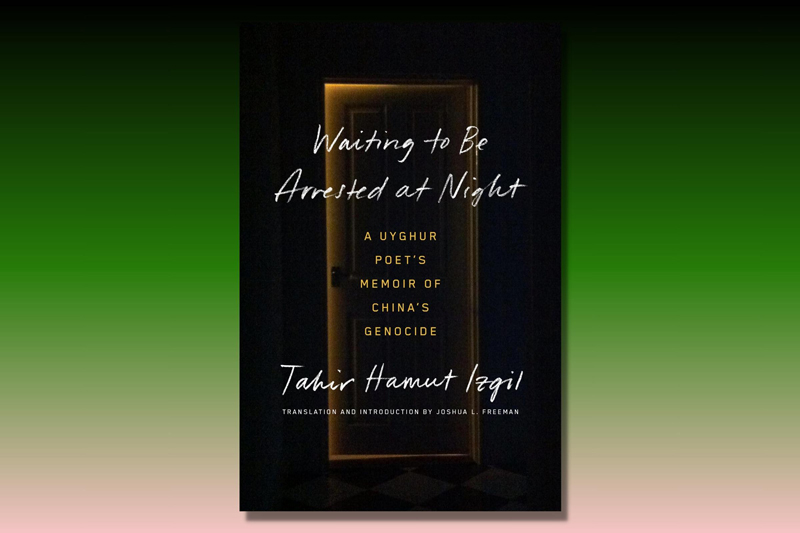Poet Tahir Hamut Izgil’s memoir, Waiting to Be Arrested at Night: A Uyghur Poet’s Memoir of China’s Genocide, offers a personal and moving look at the persecution of the Uyghur people by the Chinese government beginning in the mid-’90s. Izgil lays out what it was like to live in the country and the clues the rest of the world missed, or chose to ignore, of the horrors to come—the Council on Foreign Relations and more have reported that more than a million Uyghurs have been imprisoned over the last decade. Izgil resists detailing the violence he and his people have faced, but his restraint makes the descriptions of the police’s constant harassment and surveillance feel all the more Orwellian. He shares the story of his own first run-in with the Chinese police, which happened in 1996 when he attempted to travel to Turkey to study and was accused of stealing state secrets. He was tortured and sent to prison for a year and a half, before being sentenced to a “re-education through labor” camp for three years. But it wasn’t until 2017, when the police began the mass internment of the Uyghurs, that Izgil knew he and his family had to flee. In absorbing prose, translated by Joshua L. Freeman, Izgil recounts the process of finding a way out. He considers himself to be one of the lucky ones, and he writes with sorrow for those he left behind. Waiting to Be Arrested at Night is a harrowing story of personal resilience and an exposé on an urgent humanitarian crisis. —Shannon Carlin
Buy Now: Waiting to Be Arrested at Night on Bookshop | Amazon
- Donald Trump Is TIME's 2024 Person of the Year
- Why We Chose Trump as Person of the Year
- Is Intermittent Fasting Good or Bad for You?
- The 100 Must-Read Books of 2024
- The 20 Best Christmas TV Episodes
- Column: If Optimism Feels Ridiculous Now, Try Hope
- The Future of Climate Action Is Trade Policy
- Merle Bombardieri Is Helping People Make the Baby Decision
